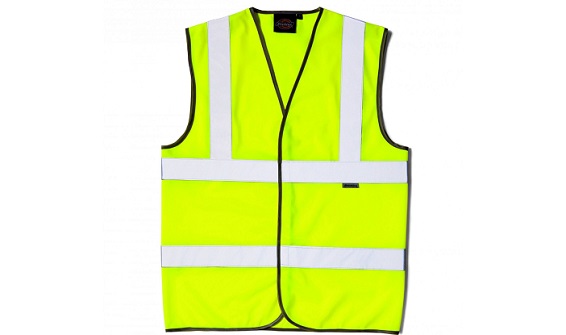It is a cutting remark as favored by Matteo Salvini, the Italian Interior Minister and leader of the League, the far-right party in power in Rome: “Macron is no longer a problem for me,” he said, “he is the problem of the French.”
If some are rejoicing over the political crisis in France opened by the Yellow Vests’ revolt, they are certainly found among the populist and far-right parties in Europe.
For a few months now, Emmanuel Macron, Matteo Salvini, and the Hungarian Prime Minister Viktor Orban have chosen to personify their political struggle, theorized by the French President as one of “progressives” against “nationalists.”
It was supposed to be the main event of the European elections next May, although other political forces did not necessarily identify with this overly binary confrontation.
The fight has broken down due to the Yellow Vests’ barriers.
Until recently, the French President was even the hero and savior of the pro-European camp; he is now significantly weakened, as is the program he is advocating for across the continent.
His proposals for revitalizing Europe had resonated widely among those who refused to see 70 years of European construction unravel crisis after crisis.
This agenda could not be realized, both because of the internal difficulties of German Chancellor Angela Merkel, and also due to a lack of consensus to move forward.
Emmanuel Macron himself had conditioned France’s influence in Europe on the success of his reform program at home. The images of Parisian violence and the government’s retreat in the face of the Yellow Vests have undermined his credibility.


